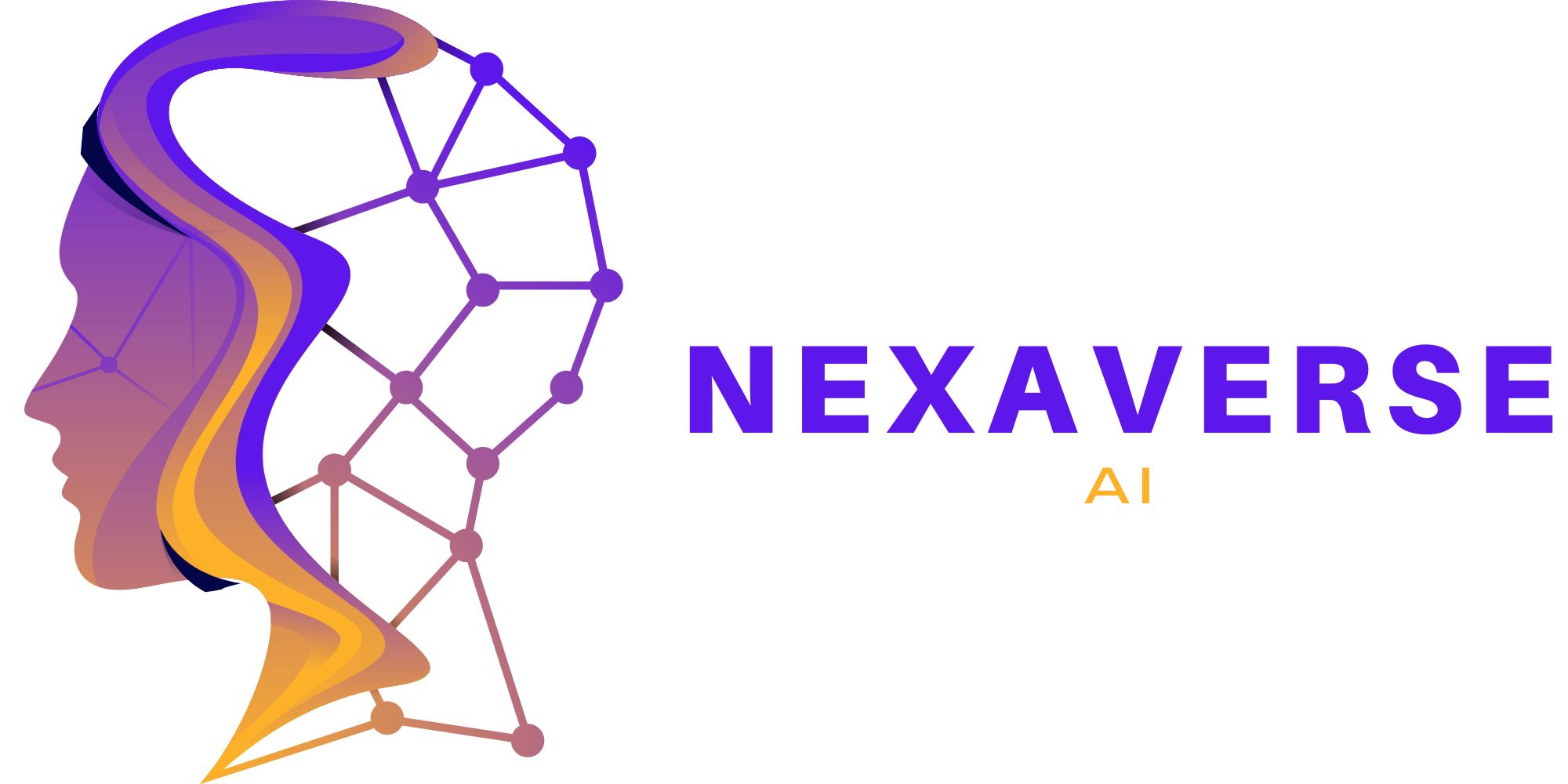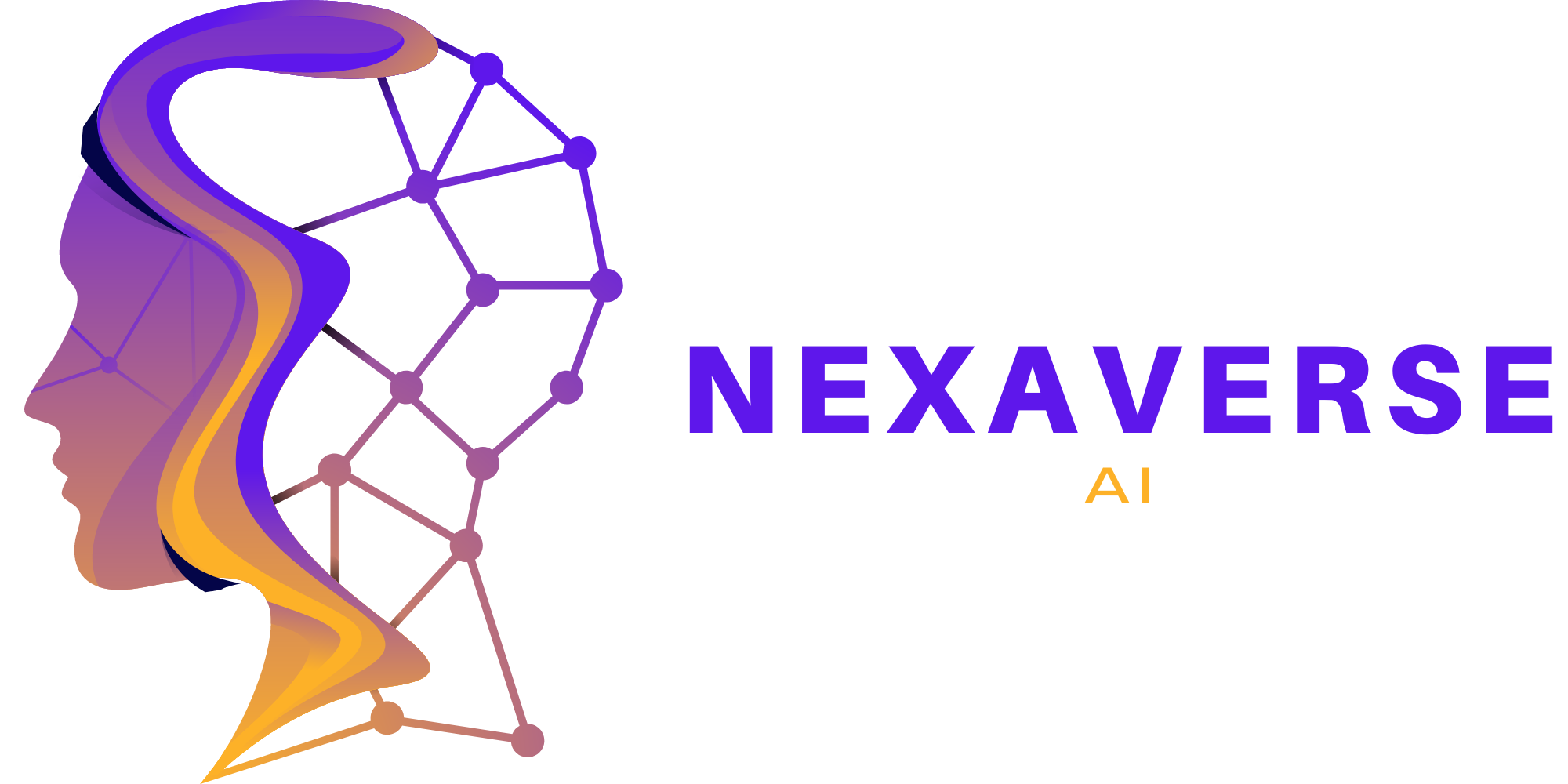AI for Customer Service: Enhancing Support and Satisfaction
Explore the impact of AI on customer service, from AI-powered chatbots to virtual assistants. Discover the benefits, challenges, success stories, and future trends in AI-driven customer support.

Revolutionizing Customer Service with AI
In today's fast-paced digital world, customer service has become a critical aspect of any successful business. With the advancement of AI technology, companies are now leveraging its potential to enhance customer support and satisfaction. AI-powered solutions are revolutionizing traditional customer service practices, enabling businesses to provide personalized and efficient assistance to their customers. In this comprehensive blog post, we will explore how AI is transforming customer service, the benefits it offers, and the challenges companies may face during implementation.
Discover the future of customer service with AI!
1. The Role of AI in Customer Service
AI technology has the potential to revolutionize the way businesses interact with their customers. By automating repetitive and mundane tasks, AI frees up human agents to focus on more complex and high-value interactions. AI-powered chatbots and virtual assistants are becoming increasingly popular in customer service, providing instant responses and personalized experiences. These AI-driven solutions can handle multiple customer queries simultaneously, ensuring quick and efficient resolution.
AI is empowering businesses to provide round-the-clock customer support!
Imagine having a virtual assistant available 24/7 to assist your customers. That's the power of AI in customer service!
Key benefits of AI in customer service include:
- Enhanced response time and efficiency
- Personalized customer experiences
- Improved customer satisfaction and loyalty
- Cost savings through automation
- Data-driven insights for better decision-making
1.1 AI-powered Chatbots: The Future of Customer Support
AI-powered chatbots are transforming the way businesses handle customer inquiries. These intelligent virtual assistants can understand natural language and provide instant responses to customer queries. Chatbots can assist with common support issues, such as order tracking, product information, and troubleshooting. With advancements in Natural Language Processing (NLP) and Machine Learning (ML), chatbots can now handle more complex conversations, providing a seamless customer experience.
Gone are the days of long wait times and frustrating phone menus. Chatbots are here to revolutionize customer support!
1.2 Virtual Assistants: Personalized Support at Scale
Virtual assistants, powered by AI, are taking customer service to the next level. These intelligent agents can understand customer preferences, history, and context to provide personalized support. Whether it's recommending products, suggesting solutions, or assisting with complex issues, virtual assistants deliver human-like interactions that enhance customer satisfaction. By leveraging AI algorithms, virtual assistants continuously learn and improve, adapting to customer needs over time.
Imagine having a personal assistant dedicated to helping every customer. Virtual assistants make it possible!
2. Challenges and Considerations
While AI offers significant benefits in customer service, there are some challenges and considerations that businesses need to address. One major concern is the risk of AI-generated responses lacking empathy and human touch. Companies must carefully design and train their AI systems to ensure they provide empathetic and emotionally intelligent interactions. Additionally, data privacy and security are crucial considerations when implementing AI in customer service. Businesses must handle customer data responsibly and comply with regulations to maintain trust.
Finding the right balance between automation and human touch is key!
Successful implementation of AI in customer service requires thoughtful planning and a customer-centric approach.
2.1 Ensuring Ethical AI Practices
As AI becomes more prevalent in customer service, ethical considerations become paramount. Businesses must ensure transparency and accountability in their AI systems. It's crucial to avoid biased or discriminatory outcomes in customer interactions. Regular audits and monitoring of AI systems are necessary to prevent unintended consequences. By following ethical AI practices, businesses can build trust and maintain strong customer relationships.
Ethical AI is the foundation for responsible and sustainable customer service.
2.2 Balancing Automation and Human Support
While AI excels at automating routine tasks, there are situations where human support is irreplaceable. Businesses must find the right balance between AI-driven automation and human interventions. Complex issues, sensitive matters, and emotional support often require the empathy and understanding that only humans can provide. Companies should design their customer service strategy to seamlessly transition between AI and human agents, ensuring a cohesive and personalized support experience.
The future of customer service lies in the synergy of AI and human expertise.
3. Success Stories: How AI is Transforming Customer Service
AI-powered customer service solutions have already made a significant impact across various industries. Let's explore some success stories that demonstrate the power of AI in enhancing support and satisfaction:
1. Company XYZ: Personalized Recommendations and Proactive Support
- Company XYZ implemented an AI-powered chatbot that provided personalized product recommendations based on customer preferences and purchase history. The chatbot also proactively reached out to customers to offer assistance, resulting in increased customer satisfaction and higher sales.
- Company ABC: Intelligent Virtual Assistants for Enhanced Customer Support
- Company ABC deployed virtual assistants that delivered personalized support to customers. These intelligent agents assisted with troubleshooting, provided self-service options, and offered real-time solutions. The virtual assistants not only improved customer satisfaction but also reduced support costs for the company.
4. The Future of AI in Customer Service
AI technology continues to evolve, promising even more advancements in customer service. The future holds exciting possibilities, including:
1. Enhanced Natural Language Understanding
- AI systems will become better at understanding complex language nuances, enabling more natural and human-like conversations with customers.
- Advanced Sentiment Analysis
- AI will be able to analyze customer sentiment in real-time, allowing businesses to proactively address potential issues and provide personalized support.
- Seamless Integration with Other Channels
- AI-powered customer service solutions will seamlessly integrate with various channels, including social media, voice assistants, and IoT devices, providing a unified and consistent support experience.
AI is transforming customer service, offering businesses the opportunity to deliver exceptional support and satisfaction. By leveraging AI-powered chatbots and virtual assistants, companies can automate routine tasks, provide personalized experiences, and enhance customer engagement. However, it's crucial to address challenges such as ethical considerations and striking the right balance between automation and human support. With continuous advancements in AI technology, the future of customer service looks promising, with even more intelligent and seamless interactions.
Frequently Asked Questions (FAQs)
Q. Can AI completely replace human agents in customer service?
A. While AI can handle routine and repetitive tasks efficiently, human support is still valuable for complex issues, emotional support, and personal connections. The ideal approach is to find the right balance between AI-driven automation and human interventions.
Q. Are AI-powered chatbots capable of understanding customer emotions?
A. I-powered chatbots can analyze customer sentiment through advanced sentiment analysis techniques. While they may not fully understand emotions like humans do, they can detect sentiment indicators and respond accordingly, providing a more personalized and empathetic experience.
Q. What are the key considerations for implementing AI in customer service?
A. Some key considerations include ensuring ethical AI practices, handling data privacy and security, and finding the right balance between automation and human support. It's important to have a well-defined strategy and a customer-centric approach when implementing AI in customer service.
Q. How can AI improve customer satisfaction?
A. I improves customer satisfaction by providing quick and accurate responses, personalized experiences, and round-the-clock availability. By automating repetitive tasks, AI frees up human agents to focus on more complex and high-value interactions, ensuring a higher level of support and customer satisfaction.
Q. What are some future trends in AI-powered customer service?
A. Some future trends include enhanced natural language understanding, advanced sentiment analysis, and seamless integration with other channels. AI-powered customer service solutions will continue to evolve, offering more intelligent and seamless interactions for businesses and customers alike.
Remember, while AI can enhance customer service, it should complement and augment human agents rather than replace them entirely. Finding the right balance is key to delivering exceptional support and satisfaction.


